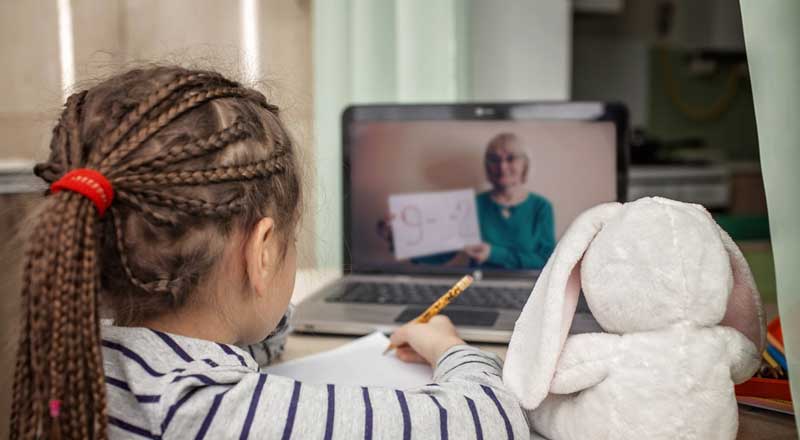A large part of your child’s world—their culture, experiences, and social scene—consists of the Internet. Some parents today are quick to write off the Internet as a bad influence. I cannot help but recall when a not-so-distant generation of parents wrote off rock-and-roll music as a bad influence, too. Nothing has changed. While there are dangers to be aware of, we completely alienate our children when, out of ignorance, we fear the technology that is so entangled with their lives. The fact is that the Internet is largely a positive influence, providing many positive experiences in the social development of children today. These experiences will equip them for a professional world now dominated by the same technology.
Today
When it comes to being a parent in the Internet age, nothing has changed. If that sounds naïve, allow me to explain. Parenting has always been about two objectives: to protect and to prepare our children as they grow. For millennia past, through different cultures and contexts—each with their own unique challenges—parents have been faced with these two primary objectives. What we must address, then, is not the changes in parenting, but rather the changes in culture and context unique to the Internet age. Just as parents did 100 years ago, and 1000 years ago, you must engage with your children. That means communicating with your child. That means understanding your child’s world.
The Internet
A large part of your child’s world—their culture, experiences, and social scene—consists of the Internet. Some parents today are quick to write off the Internet as a bad influence. I cannot help but recall when a not-so-distant generation of parents wrote off rock-and-roll music as a bad influence, too. Nothing has changed. While there are dangers to be aware of, we completely alienate our children when, out of ignorance, we fear the technology that is so entangled with their lives. The fact is that the Internet is largely a positive influence, providing many positive experiences in the social development of children today. These experiences will equip them for a professional world now dominated by the same technology.
What To Do?
But what can you do as a parent? You may feel under-equipped to commit and engage your children in the Internet age. At the simplest level, here are some easy-to-implement suggestions that can get you involved immediately in your child’s life online:
Start
It may seem rudimentary, but my first piece of advice is start. Start early. Start young. Start now. Ideally, your teenager would never remember the day mom and dad made rules for the Internet. It is natural and beneficial for your children to grow up with Internet guidelines as common as a bed time or curfew.
Join
You may think you’re too old or simply uninterested in using the social networking websites that your children use. You miss the point. You weren’t too old to play peek-a-boo with your toddler. Why disengage now?
Observe
Where is the family PC located? Do your children have the ability or the privilege of using a laptop unsupervised in the secrecy of their bedroom? A publicly located family computer creates a precedent for the type of involvement that is not only your right as a parent, but is your duty.
Instruct
You may not be a computer-whiz, but you know what is appropriate and what is not. You should create guidelines for your children and clearly communicate what is expected. Teach your children the dangers that exist, and create rules designed for their safety. As children, we were taught not to talk to strangers. How much more teaching is required now that an unassuming “friend request” can expose a flood of personal information?
Enforce
For some parents, this step becomes much more difficult. How can I know what my child does online? How can I see who their friends are, what they’re talking about, and what content their viewing? There are monitoring tools available that allow parents to see what their children do online—not unlike how you would know what they do in your back yard or in the house—so that you can enforce the rules which you have set.
Start Early
The earlier you begin to implement these steps with your children, the better and more natural their online experience will be as they mature. Monitoring, for example, has presented angst for many parents who fear that their child will feel invaded. This is a legitimate concern when implemented suddenly and forcefully on a teen who has begun to rebel. If used continually as a parenting tool from early childhood, the expectation that Internet activity is exempt from a parent’s supervision will never be established.
About the Author
Ellen Ohlenbusch is the president of McGruff SafeGuard, a free, easy-to use Internet safety service that monitors, filters, and controls a child’s activity on the Internet. Learn more about how to protect your child online at www.GoMcGruff.com.





